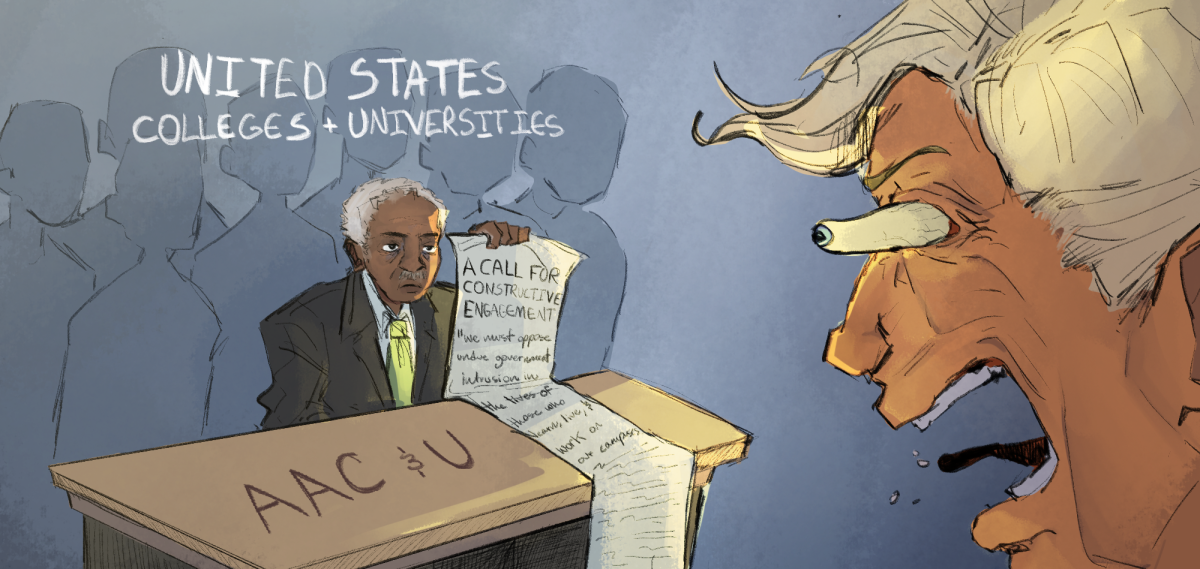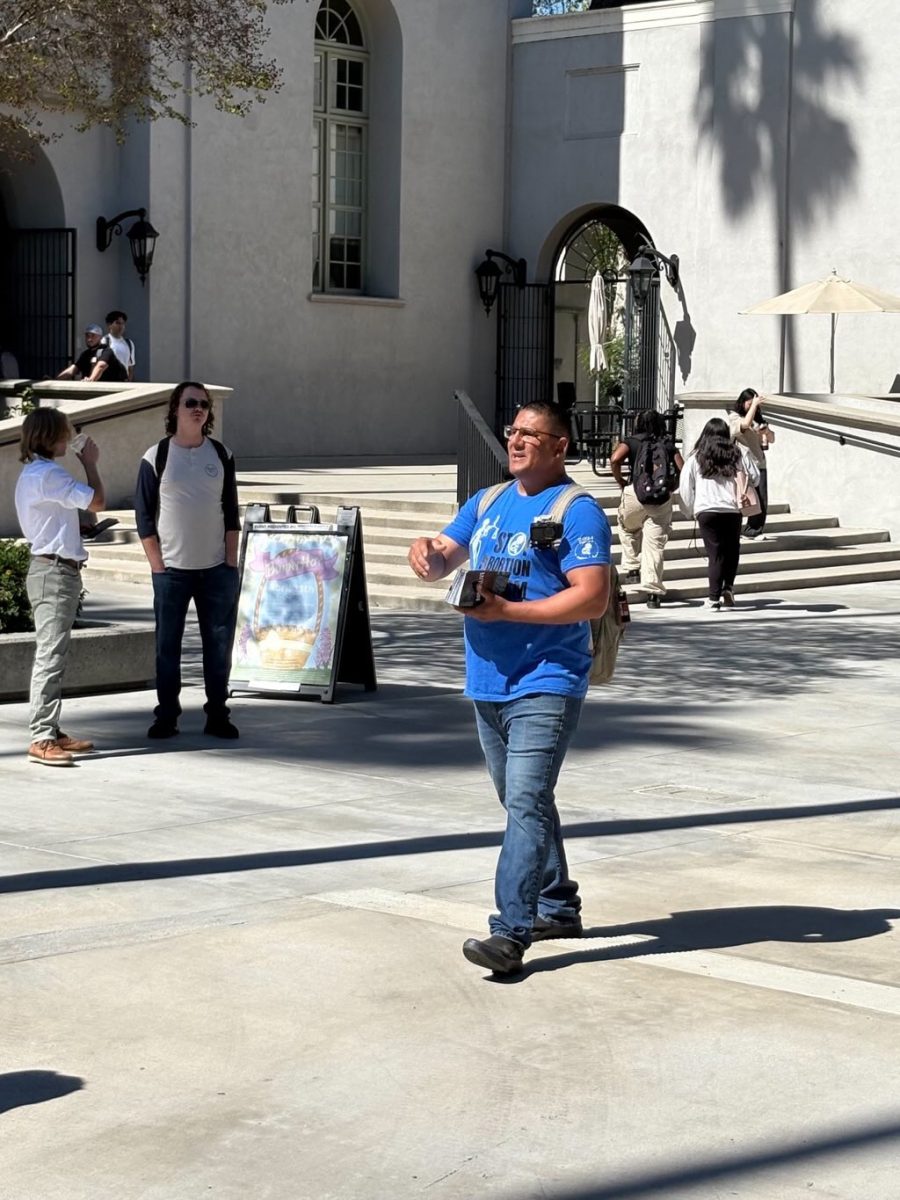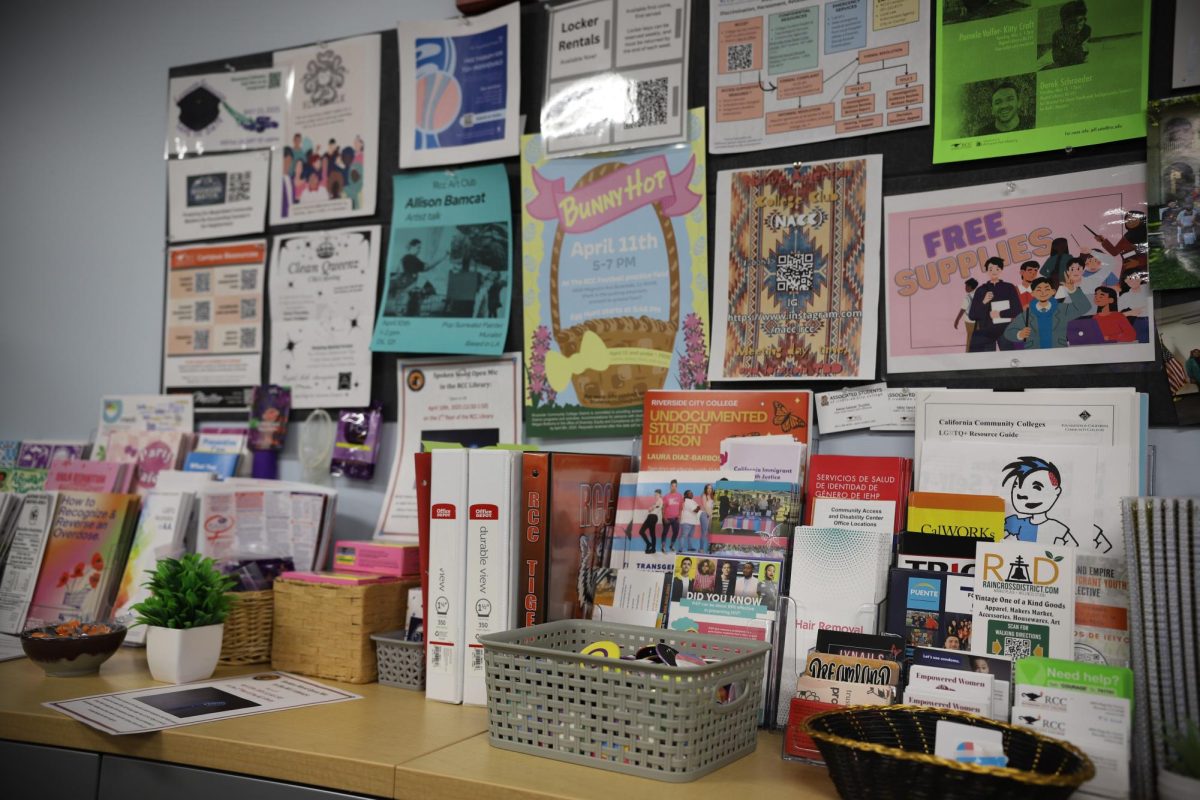Written by Yvette Alvarez
Accreditation committee visits, commends RCC on its performance
Many students are attending Riverside City College in hopes of transferring to a four year university. Others are striving to graduate with an associate degree. But what if the units and classes students are currently taking are not accredited or transferrable? On Nov. 5 RCC was visited by the Accrediting Commission for Community and Junior Colleges, which provides assurance to the public that the member college, in this case RCC, meets necessary standards. “Students receive credit for the work they do. In other words, if it’s not an accredited institution then the degree or certificates or the transfer of courses means nothing,” said Thomas Allen, the faculty accreditation chair.
This year’s visiting team was chaired by Sonya Christian, the President of Bakersfield Community College. Among the attendees, were RCCD Chancellor Michael Burke, Thomas Allen, Susan Mills, the accreditation liaison officer, and RCC President Wolde-Ab Isaac,
“There were three recommendations that the visiting team made and they wanted us to write a follow up report with a visit,” Allen said. “That means that they are going to come back to see if we corrected the couple little glitches.”
The first recommendation regarded the way RCC assesses decision making processes.
The second recommendation had to do with the way RCC schedules the evaluation of student learning outcomes. According to the results of the 2014 accreditation visit, RCC assesses the courses, but not the specific student learning outcomes.
“They wanted us to make sure that over the five year cycle, every course and all of the student learning outcomes are assessed, so they wanted a schedule, which we created,”Allen said.
The third and last recommendation addressed had to do with the new construction of buildings. The visiting team asked RCC to develop a total cost of ownership of the buildings. Meaning while they are open and running a total cost over the building’s cycle of life should be reported.
“It was a very positive visit and the college have had peer reviews come and say what excellent work that the faculty, administrator staff, have done at this college to correct the minor issues,” said Allen.
Although the accrediting team won’t meet until January 2016, a confidential graph of the report will be sent to Pres. Isaac. He will be able to correct errors and facts from the report, send it back to the ACCJC team and then it will be released to the public, according to Allen.
In 2016-2017, RCC’s accreditation committee will have to write a midterm report, that will self-identified or self-evaluated areas where RCC wants improvement.
“She (Christian) informed us that we met with all the recommendations and congratulated us on the amount of work we had done over the course of the year,” Allen said. “Not only did we meet all of the requirements we are getting two commendations and you’ll see there’s actually a very, very positive report.”
Only colleges that are accredited can receive student financial aid which is why this process is important. If an institution isn’t accredited then students don’t meet the qualifications necessary to apply to FAFSA.
The team can either sanction or commend a college.
“Some colleges do receive sanctions, look what happened to the City College of San Francisco,” Allen said. “They lost their accreditation and there’s a big uproar going on now.”
If the visiting team feels like the institution does not meet the requirements necessary, they will be given a warning and their accreditation will be revoked.
It can also happen in reverse. The visiting team can commend an institution if they are going above the standards.
“We’re getting two commendations and not only do we meet all the standards, not only are we fully accredited, but the team thinks the quality of the work we’re doing here is excellent. So it can go both ways, you can be affirmed or sanctioned,” Allen said.
RCC is being commended on the efforts being made. “They just couldn’t believe the quality and quantity of work,” said Allen, who spoke about the new construct being planned with the pathways initiative. “(They said) everything that we’re doing with planning should be taken and presented at the state national level.” Isaac shared his personal views regarding the visit in an email.
“The team concluded that RCC has met the standards in each of the recommendations. The team also observed with great interest not only the clarity of vision expressed by everyone they interviewed, but they could also clearly see the enthusiasm the college has as it works to achieve its strategic planning goal. . . I wish to extend my sincere congratulations to the college community for a job well done,” Isaac said.
Susan Mills also expressed her contentment with the results of the meeting. “It went very very well we were pleased with the results, they were very impressed with the work we had done and what we had accomplished so I was really happy,” Mills said. The accreditation cycle occurs every six years and the committee will be visiting again in 2020.












